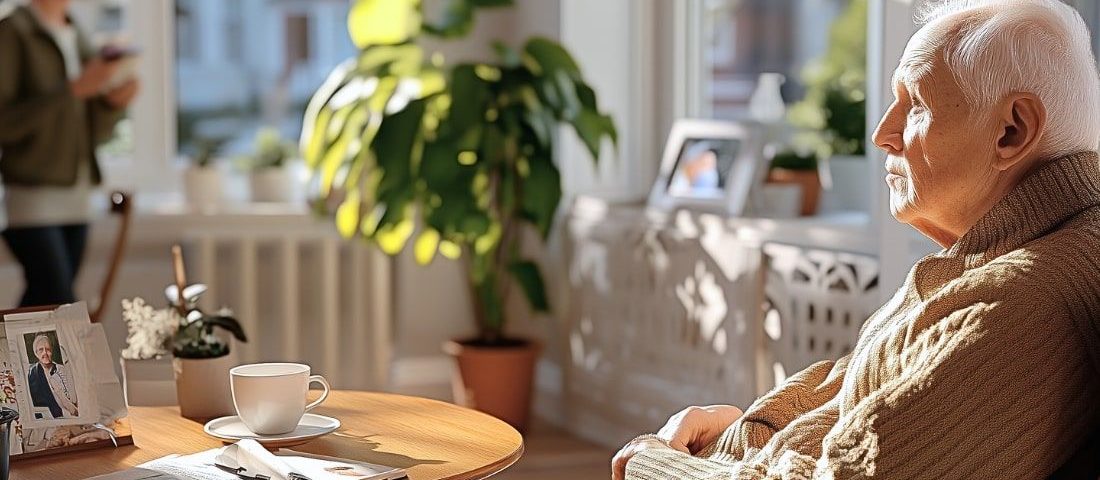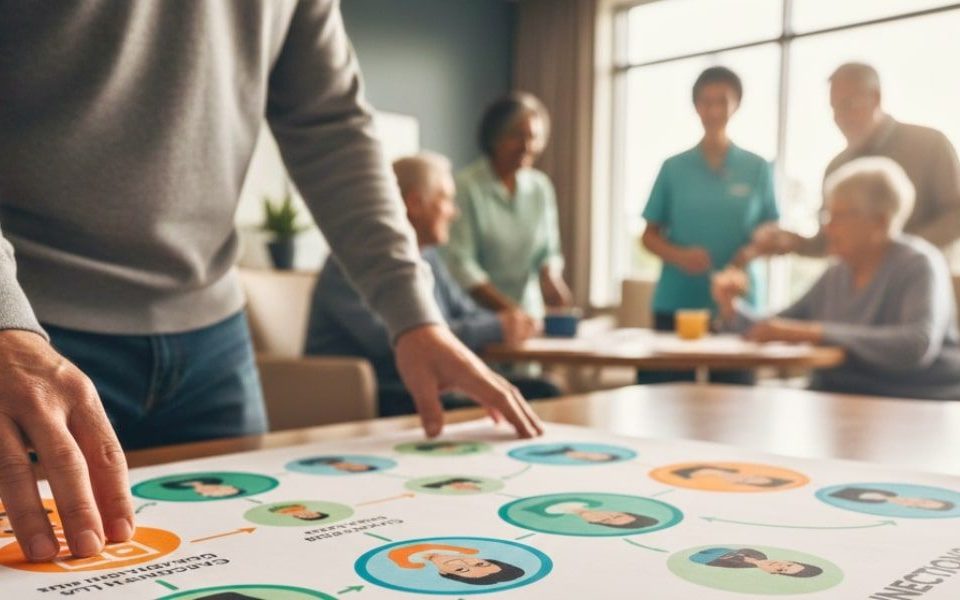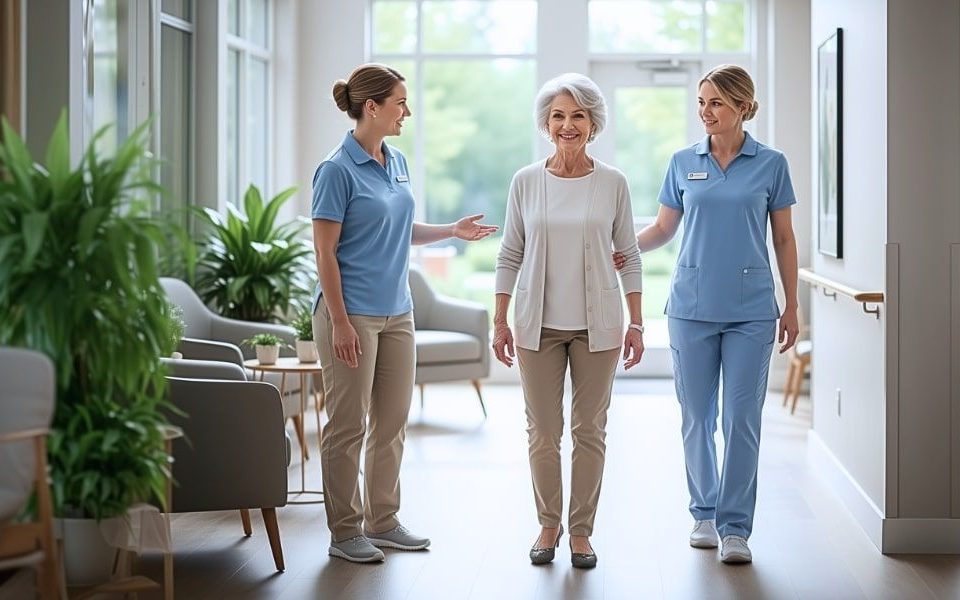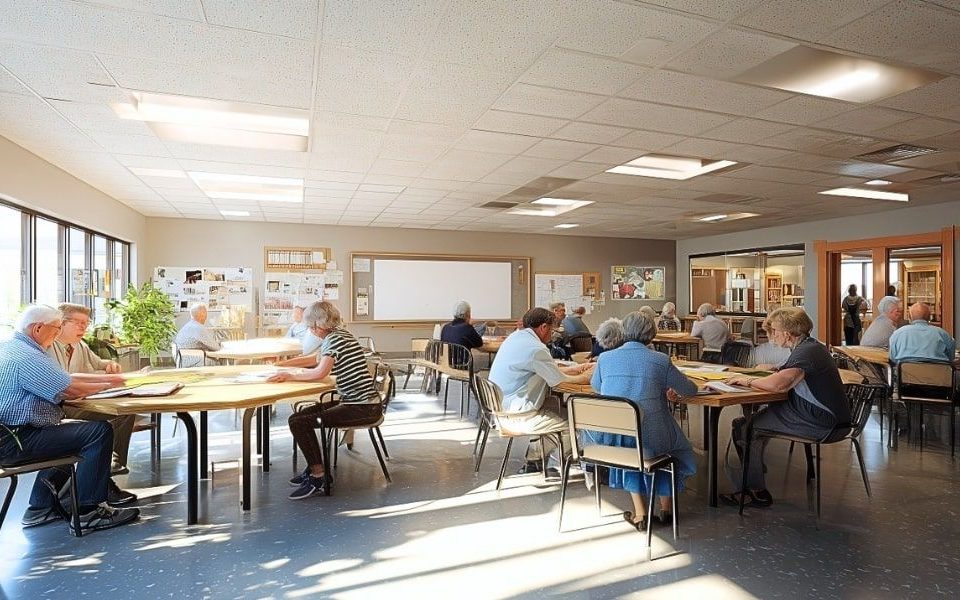
Signs of depression in seniors can be subtle or mistaken for normal aging, often causing us to overlook them. If your aging parent seems withdrawn or uninterested in activities they once enjoyed, it may indicate a deeper issue. It’s important to recognize warning signs that indicate your parents might need extra support, such as considering a senior living community for care and engagement.
What Makes Depression Different in Seniors?
Depression in older adults often looks different than it does in younger people. Instead of expressing sadness, seniors may show physical symptoms or changes in behavior. Seniors are usually less likely to discuss their feelings, so it’s harder to detect when they’re depressed.
Hidden Signs of Depression in Seniors
Here are some lesser-known indicators of depression that might signal it is time for a conversation with your parent:
- Loss of Interest in Hobbies or Social Activities – If a parent stops enjoying activities they used to love, it might be a sign of depression rather than just a change in taste or interests.
- Unexplained Physical Complaints – Frequent headaches, body aches, or digestive issues without a clear medical cause can sometimes be associated with depression.
- Changes in Sleep Patterns – Trouble falling asleep, waking up too early, or oversleeping can signal a mental health issue.
- Increased Irritability or Mood Swings – Some seniors may become easily frustrated, impatient, or withdrawn instead of appearing sad.
- Neglecting Personal Care – A decline in grooming, skipping meals, or missing medications may indicate a depression-related lack of motivation.
- Memory Problems or Confusion – Depression can sometimes mimic early dementia, leading to forgetfulness and trouble concentrating.
How Senior Living Can Help
If you’ve noticed these signs in your parents, it may be time to consider how their environment affects their well-being. Senior living communities provide essential support for mental and emotional health:
- Social Engagement – Opportunities for interaction help reduce loneliness and provide a sense of purpose.
- Structured Daily Routines – Scheduled activities, meal times, and wellness programs create stability and encourage participation.
- Access to Professional Support – Many communities offer mental health resources, including counselors and staff trained to recognize emotional distress.
- A Safe and Supportive Environment—A change in setting can help seniors regain independence and motivation in a comfortable and engaging way.
Starting the Conversation
If you’re concerned, approach the topic gently. Share your observations compassionately and emphasize that seeking help is a sign of strength. Exploring senior living options with emotional and social support can give your parents a renewed sense of purpose and community.
Discover how The Mountain Side of Warm Springs fosters purpose and independence for our residents while providing personalized senior care. Explore our customized senior services to see how we support a fulfilling, enjoyable life. Are you interested in learning about living at The Mountain Side? Learn more about our comfortable, thoughtfully designed suites.
We’d love to show you around—schedule a visit to Mountain Side today.



